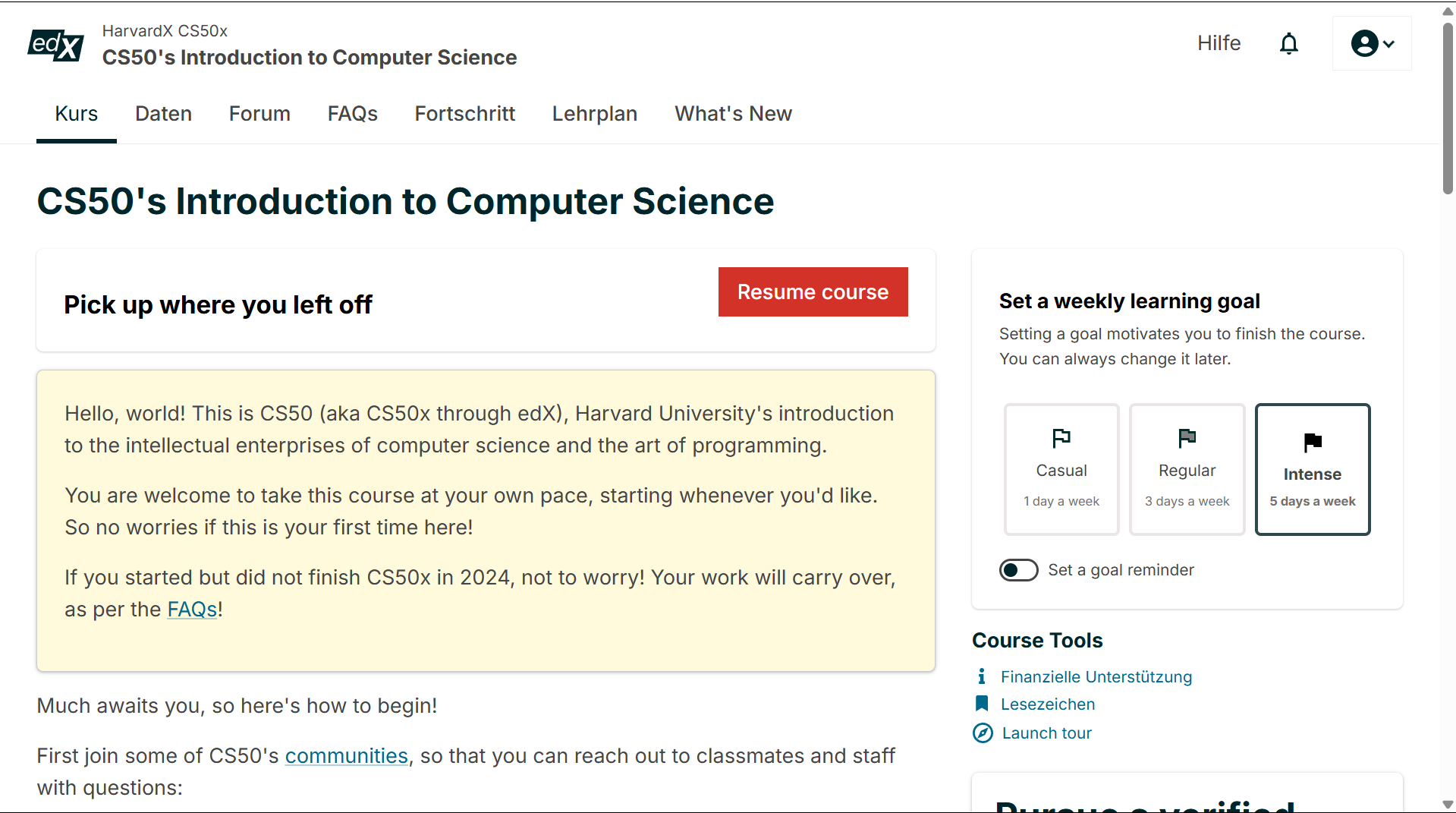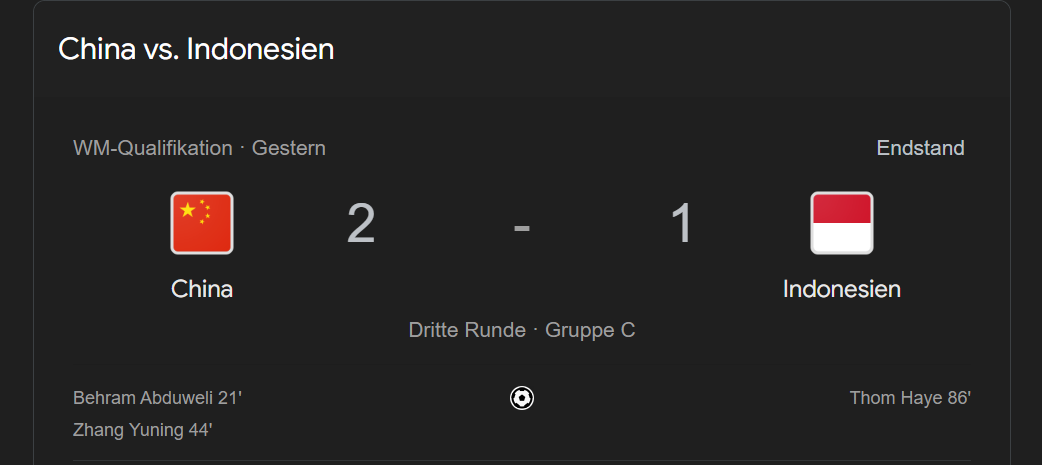Ever felt like you needed a fresh start in something you thought you already knew? That was me when I decided to retake CS50 — Harvard’s iconic introductory computer science course taught by the charismatic David Malan.
CS50 is known for its high-energy lectures, accessible yet challenging problem sets, and its ability to draw in both complete beginners and experienced coders. I first took it years ago, back when I was just getting into programming. I had a mix of excitement and confusion, like most people do, but I never imagined I’d be revisiting it years later. Yet here I am, going back to the basics with a new perspective.
Why I Decided to Retake CS50
My initial experience with CS50 was memorable — the excitement of learning C, tackling those first problem sets, and the gradual realization that programming is as much about problem-solving as it is about syntax.
Fast forward to today: I’ve explored competitive programming, dabbled in C++, started learning data science, and ventured into systems programming. Still, I felt like something was missing. There was a gap between what I could technically do and what I truly understood. Revisiting CS50 felt like the right move to re-anchor my understanding.
CS50’s reputation for blending theory with practice and its engaging format made it the perfect choice. I was curious to see if my perspective had changed — whether I could approach the problems with deeper insight or if I’d still struggle with the same concepts.
Rediscovering CS50: New Challenges, New Insights
Watching David Malan’s lectures again was both nostalgic and eye-opening. His way of breaking down complex topics still captivated me, but this time, I found myself pausing more — not out of confusion, but to appreciate the elegance of the explanations.
The problem sets were an interesting experience. Some that used to take me hours felt more approachable, while others still challenged me. Concepts like memory management and data structures resonated differently, especially with my current experience in C++ and exploring OpenStack.
It was a realization that learning is not a straight path. Revisiting these problems felt like reconnecting with an old friend, one who still had a few surprises to share.
What I Learned the Second Time
Retaking CS50 showed me the value of revisiting fundamentals. When I first learned about arrays, pointers, and recursion, they were just tools to solve problems. Now, they’re concepts I actively use in projects like Project Alchemist or my C++ learning journey.
It also reminded me that foundational knowledge is not something you “graduate” from — it’s a base you continuously reinforce. With a deeper understanding of C++, data science, and systems programming, the connections became more vivid. Concepts I once found intimidating now felt like essential building blocks.
CS50’s Impact on My Broader Learning Journey
Retaking CS50 wasn’t just about refreshing my skills — it was about reconnecting with the essence of why I started coding. It’s helped me see the “why” behind the “how” in my projects, whether it’s Project Alchemist’s engineering simulations or my attempt to understand the intricacies of OpenStack.
It also made me appreciate the cyclical nature of learning. I realized that going back to the basics can reignite motivation and bring clarity, especially when exploring advanced topics. It’s given me a renewed perspective as I continue my journey toward becoming a systems programmer.
Conclusion
Would I recommend retaking a course like CS50 to others? Absolutely, especially if you feel stuck, overwhelmed, or disconnected from your learning path. Revisiting fundamentals isn’t a step back — it’s a step deeper.
Moving forward, I’m excited to keep applying what I’ve relearned. Whether you’re a beginner or someone revisiting the basics like me, there’s value in exploring foundational knowledge with a fresh perspective.
If you’ve ever retaken a course or revisited foundational material, I’d love to hear your experience. Drop a comment or reach out — let’s share our stories!
Link
Here is the link to edX CS50 Introduction to Computer Science


